Tal Yahalom: Jazz Music’s Duality of Individualism and Community
By Susan Frances
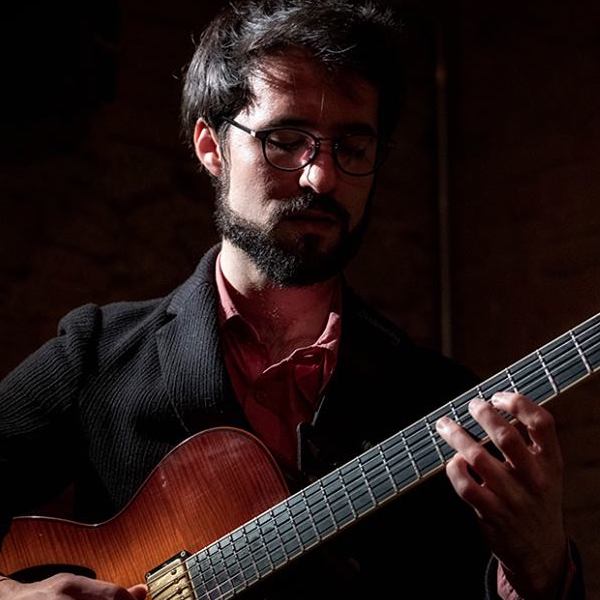 Born in Isreal, guitarist-composer Tal Yahalom has been based in Brooklyn, New York since 2014. The move, inspired by his pursuit to expand his scope of jazz, exposed Yahalom to a broad spectrum of musicians. In addition to widening his awareness of artists, Yahalom discovered much more about the demonination of jazz that no textbook or tutor could teach him. Rather, it was by experiencing jazz that incited a new level of enlightenment for him.
Born in Isreal, guitarist-composer Tal Yahalom has been based in Brooklyn, New York since 2014. The move, inspired by his pursuit to expand his scope of jazz, exposed Yahalom to a broad spectrum of musicians. In addition to widening his awareness of artists, Yahalom discovered much more about the demonination of jazz that no textbook or tutor could teach him. Rather, it was by experiencing jazz that incited a new level of enlightenment for him.
He imparts, “Jazz spoke to me for the possibilities it allows and the idea that every time you play, it will be different.”
“This was very new to me as someone who grew up playing classic rock and Israeli popular music,” he observes, “You play the song, and stay true to its core, but it is also a platform to build on which could sound a million different ways.”
He theorizes, “Jazz has a beautiful duality of individualism and community. It has a lot of space for personal expression and exploration, alongside a collective experience that happens in the moment based on values the musicians share, as well as their differences. Not sure I was aware of all this as a 15-year-old kid, but I believe some of these feelings and the strong sense of freedom came across.”
Yahalom’s debut offering Strange Protagonists, released in June 2019, was an eye-opening period in his life. The recording was an impromptu act as he reveals, “Well, that just kind of happened naturally without me planning it. I was going to Israel from New York City for a short visit, and Yair Taragano, a great engineer with whom I worked on several records since, invited me to the studio for a short session, free of charge. Of course, I said yes, and decided to finish two sketches I had, and produce them further in the studio.”
He details about the two compositions, “Those were ‘Sophianic Mess’ and ‘Lost In Truthful Eyes,’ which I played for the first time in that session. Yair suggested I’ll improvise two more pieces and make it into an EP, and that’s what happened.”
Recollecting the experience of making his first solo offering, he admits, “Finding titles is always a challenge for me, but after naming the improvised pieces, I realized that all these tracks have weird ‘main characters’ that are not so conventional. For example, ‘Sophianic Mess’ is named after a crazy subletter who stayed in my apartment and made life a living hell for a couple weeks.”
“The 1st track,” he identifies, “‘Tsukuru’s Pilgrimage’ is [named] after the main character of an incredible Haruki Murakami novel who is also not your typical protagonist. That tied it all together for me somehow.” Thus, Strange Protagonists became the natural title for his debut solo effort.
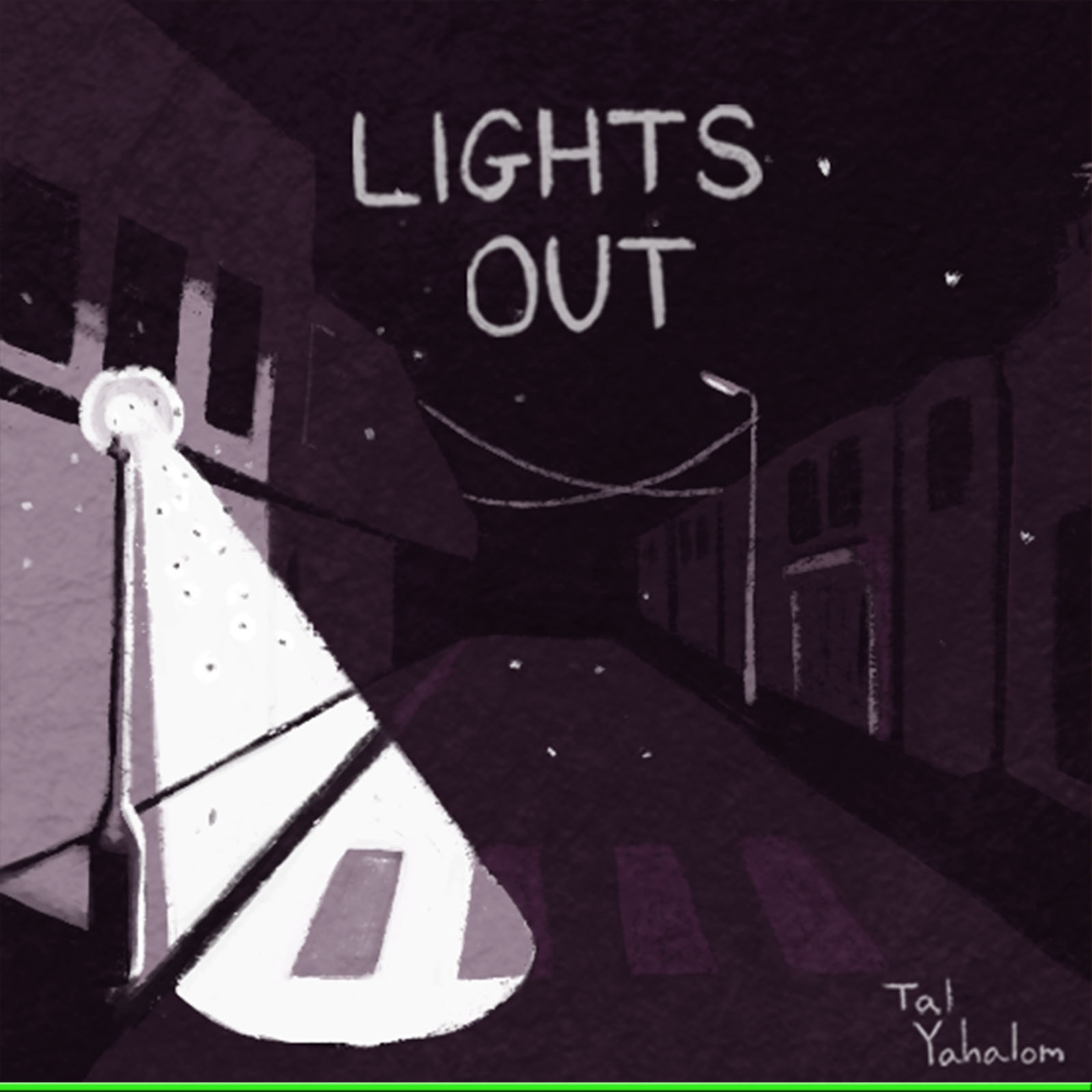 Yahalom’s followup to his debut outing is his 2020 EP Lights Out, once again engineered by Yair Taragano and recorded at Sonic Recording Studio in Tel Aviv. All tracks are written by Yahalom as he plays both classical and acoustic guitars, sketching mesmerizing stories using the textural qualities of his stringed instrument.
Yahalom’s followup to his debut outing is his 2020 EP Lights Out, once again engineered by Yair Taragano and recorded at Sonic Recording Studio in Tel Aviv. All tracks are written by Yahalom as he plays both classical and acoustic guitars, sketching mesmerizing stories using the textural qualities of his stringed instrument.
“I recorded the tracks at the studio with Yair,” he recounts, “as I knew it has much more potential of capturing the sound I aimed for compared to doing it at home by myself. Yair really understands what I’m going for at this point, and having him there in the same studio we recorded the 1st EP was a natural choice.”
He purports the impetus for making the recording, “That was a direct result of the situation created by the pandemic at the time,” referring to the COVID-19 related closures.
He articulates, “I wrote it in between lockdowns in Israel when things were more open, but I still wasn’t seeing many people or moving around much. Most of the time was spent at home, and a lot of it with the guitar, especially my classical. It just started coming out, piece after piece, one as an improvisation in the living room, another in bed late at night, and it felt right to stay true to the way it was formed and simply record it solo.”
“I really enjoy the feeling of a live session,” he declares, “knowing that this is the time we’re going to make it happen. Even if it’s often stressful or more limiting than doing a million versions at home and perfecting them, the studio has its magic.”
He proclaims, “This record came out of a lot of pain, sadness, and grief,” as he explains, “while writing the music, I was only starting to process how much COVID impacted my life and the many things that were lost as a result. In a way, I think it just had to come out, and the four tracks followed each other in the span of a month or so.”
He regards Lights Out as a benchmark moment in his life. “It’s a record about missing home, at that time [being] New York,” he expresses soberly, “not knowing when I’ll be able to go back. It’s also about the extreme violence and internal conflicts that came more into the surface during this time, whether it’s the demonstrations against the current Israeli administration, or the BLM movement in the States. The police brutality, the people turning against each other, it was extremely difficult to contain.”
He establishes, “And mostly, it’s about looking for moments of peace and hope in the midst of all this. We were all intensely effected by the pandemic and I felt an urge to release something which reflects that as it is still happening.”
Out of a difficult phase in life emerged some of Yahalom’s most moving and sensitive improvisations. It is a destination far from Yahalom’s  starting point as a guitarist, growing up in Isreal and exposed to a limited range of musicians while still in his teens.
starting point as a guitarist, growing up in Isreal and exposed to a limited range of musicians while still in his teens.
He recalls, “When I was 12, there were two guys in the class above me that started playing guitar, and they just seemed super cool. I guess I was jealous of the attention they got, especially from the girls, so I figured it’s worth a shot!”
“My first guitar teacher,” he remembers, “was actually the school janitor, a metal guitarist, who opened a group class as part of the curriculum. I was lucky to have that as a start and then get some lessons with great teachers in the area.”
“Back then,” he reflects, “it was a choice born out of circumstances, but the more time I spend with the guitar, I realize it can have so many identities and expressive qualities. It’s been used as both a melodic and harmonic instrument in various genres, while also having percussive qualities and a role inside a rhythm section. So, it kind of has it all to me.”
He describes, “I love the versatility and am always looking for ways of making the guitar function like a piano, or sound like a voice or a horn. I personally enjoy shifting between musical roles within a band or moving quickly between different textures, and the guitar allows me to explore that. Add the possibilities of effect pedals and electronic manipulation and that’s a huge spectrum to work with which constantly sparks my curiosity.”
“Thinking back,” he muses, “I’d say that performing with my high school rock bands gave me the rush and excitement that pushed me into it. We had so many different formations of those bands, that in one of them we even rotated instruments and I played the drums! Mostly it was the same group of friends playing each other’s songs and we got to perform to somewhat big crowds at some regional music contests and little festivals. That was a lot of fun and gave me a taste of the adrenaline and energy of being on stage.”
“Alongside that,” he certifies, “I think I always just really enjoyed practicing. In high school. I would go back home and practice around 4-5 hours a day, transcribing things trying out new ideas and composing a little. I think the fulfillment I got from that process and the curiosity about music were the things that kept me in it, and still do.”
As he delved deeper into the capabilities of the guitar and exploring his techniques of composing music, Yahalom commenced an appreciation of works by leading jazz artists. “Early on,” he illustrates, “I was exposed to most jazz music through my teachers and was definitely obsessed with Pat Metheny for several years, for the unique sonic world he was able to create as a guitarist, composer and bandleader. His music felt out of this world, and I could sing so many of his records by heart.”
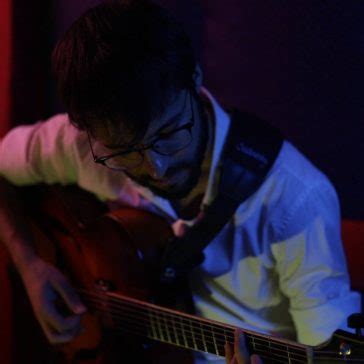 He espouses, “Wes Montgomery completely blew me away, and still does every time I listen to him. For his sound, melodic sensitivity, insane groove, and the way he speaks through the guitar.”
He espouses, “Wes Montgomery completely blew me away, and still does every time I listen to him. For his sound, melodic sensitivity, insane groove, and the way he speaks through the guitar.”
“Art Blakey & The Jazz Messengers,” he characterizes, “were huge too. First time I’ve heard such beautiful arrangements, intense energy and distinct soloists, and through that group, I got to know Wayne Shorter’s work.”
Lastly, he deems, “Guitarist Kurt Rosenwinkel came a little later but was also a big influence, for his distinct compositional world in a similar way to Pat’s impact on me, for his vocal-like expression and rich harmonic vocabulary.”
Whetting his appetite for jazz led to Yahalom to form relationships with aspiring musicians in Isreal. The freelance surfing brought double bass player Almog Sharvit and drummer Ben Silashi into his life. The three formed Kadawa.
“The three of us met early on in our musical development,” he broaches, “in 2010 at the Center for Jazz Studies in Tel Aviv. Almog and I clicked pretty quickly as we both came from small places and didn’t know many people in the scene. We both wrote music that felt a little unorthodox and outside of jazz and started meeting very often to play and work on each other’s compositions. A first version of the band was formed shortly after, and in 2013, Ben joined and was the perfect 3rd link. We’ve been doing it ever since.”
In 2014, Yahalom sought wider exposure to the jazz terrain, which spurred him to look outside the perimeters of his world in Isreal. He, Silashi and Sharvit embarked on a journey to New York City. “New York always seemed like the place to go if you really wanted to learn jazz,” he deduces, “and experience it firsthand on the highest level, and it proved itself for that as well as many other things that I couldn’t imagine before actually living there.”
He calculates how the move to New York became the single option for him. “I was trying to figure out what to do after high school and learned of a new bachelors program in Tel Aviv that had a partnership with The New School for Jazz & Contemporary Music in New York, so I could start my degree in Israel and transfer my credits. That was much more affordable than doing a full degree in the States and allowed me to start studying simultaneously to my mandatory military service, thankfully, as a musician as well.”
“I’m super lucky,” he assures, “and grateful to this program [at] The Center for Jazz Studies at the Israeli Conservatory of Music, which was founded by Amit Golan, who passed away shortly after and didn’t get to see the amazing fruits of his labor. The faculty is full of incredible teachers and performers, some of which spent time in New York as they were coming up, and that really helped my development and made it possible for so many young Israeli musicians to make that move.”
Taking control of his destiny, Sharvit and Silashi joined Yahalom for a number of jazz festivals as he upholds, “In the US, one of the first major opportunities I got was a performance slot at the 2015 Detroit Jazz Festival after winning their National Guitar Competition. That was pretty surreal at the time, bringing our trio KADAWA to play one of the main stages in a festival headlined by Pat Metheny and get to hang with so many musicians I admired as part of the same lineup.”
He extrapolates, “That gave me a push to believe I could be part of that life.”
“I could say the same for the European tours I’ve done with KADAWA,” he compares, “which gave me a lot of confidence that our music can have a strong impact on people and inspire them, even when they’ve never heard of us before. It was extremely rewarding to have those interactions with the audience, seeing the world through music and experiencing all the things that could happen on the road.”
Kadawa’s self-titled debut release in 2017 followed. Yahalom gleans, “The recording of our 1st album was the result of years of intense and in-depth work, weekly rehearsals, lots of hangs, living together in New York, and endless talks about music and what we’re trying to produce.”
He provides, “The arrangements were created over time, between rehearsals and live performances, and we always kept refining little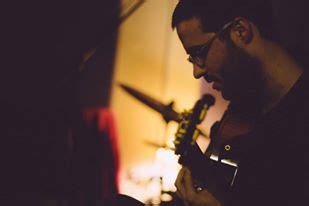 details – in sound, dynamics, transitions between sections, the overall mood, etc. The material on this record is heavily based on our group interaction and the live performance, so it was mostly playing full takes through and getting enough options to choose from.”
details – in sound, dynamics, transitions between sections, the overall mood, etc. The material on this record is heavily based on our group interaction and the live performance, so it was mostly playing full takes through and getting enough options to choose from.”
“We came into this session,” he advances, “with very little knowledge about the studio environment, its possibilities and how we prefer to work in it, but it was a great learning experience for our future productions. I still love the raw, live feel the album has.”
Contemplating the jazz outfit Kadawa, Yahalom surmises, “It was important to us to have a working band that rehearses regularly, experiments with new things, pushes our boundaries, and stays committed to a certain aesthetic. Our music changed quite a bit since but the chemistry and communication we’ve developed is always there. It’s like family at this point. Working with two musicians who have such strong personalities and visions who are always looking to expand is really fun and rewarding. I learned a ton from them and the process we’ve been through.”
Kadawa remains a significant part of his life but so too is his ambition to be a solo artist. He discovered, “I spent a lot of the past year working on solo guitar playing and found some ways to create separation and independence between multiple roles on the instrument, trying to present a more multidimensional picture while staying true to a core groove that drives the piece.”
In hindsight, he discerns, “I practiced a lot of classical music too, paying close attention to each voice in the piece, and got to play much more fingerstyle. That opened the door to a lot of things as well.”
“Both as a guitarist and a composer,” he determines, “I think I allow things to breathe more, and give each idea a bigger space to resonate and make an impact on the music. It’s something that was very important to me when writing and recording Lights Out, and I try to carry it to every musical situation. To be more patient and attentive to space, and the weight every decision has. Not to rush anywhere and really get the most out of my ideas.”
He maintains, “In composition that’s always been a big challenge for me, to find the balance between repetition, development and contrast, and I feel there’s loads to work on and figure out within that.”
Understanding his strengths and the areas in his playing and writing that need to develop further has enabled Yahalom to believe his future has more in store for him. “There are various things I’m excited to get to work on,” he mulls over, “finishing the 2nd KADAWA record, a solo standards album, and some fun sideman projects – but I guess mostly I’d like to feel connected and present as I’m doing it.”
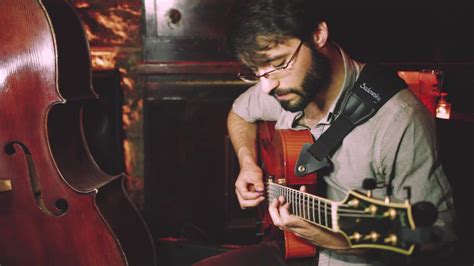 “Sometimes in this career as a musician,” he remarks, “you keep on running and running, chasing an idea or something else you could do or achieve, and that could be rewarding, but also very draining.”
“Sometimes in this career as a musician,” he remarks, “you keep on running and running, chasing an idea or something else you could do or achieve, and that could be rewarding, but also very draining.”
“Recently,” he intercedes, “I’m trying to spend more time digging deeper into what genuinely speaks to me now – musically or outside of music. I want to build a healthier and more balanced life around the work, trusting that if I’ll keep doing the work from the right place, things will come at the right time and the right way, no matter what I choose to take on.”
Looking forward, he studies, “Creating more opportunities for my community and engaging people with music in a more direct and personal way again would be another thing I’d like to do, especially due to the damages the pandemic has inflicted on the art/cultural world.”
If Lights Out mourns the damages of COVID-19 done to the art world and world cultures, Tal Yahalom’s playing offers everyone hope. A recurring theme throughout his recording is hearing hope emerge amidst the darkness. Another aspect of jazz that textbooks and tutors cannot explain but musicians can show.
About Susan Frances:
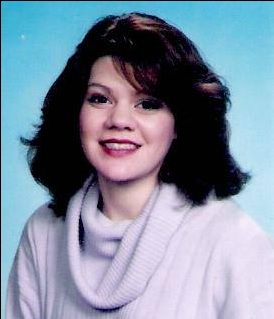 Born in Brooklyn, New York and raised in eastern Long Island, I always enjoyed writing and made several contributions to my high school literary magazine, The Lion’s Pen. Influenced by writers of epic novels including Colleen McCullough and James Clavell, I gravitated to creative writing. After graduating from New York University with a BA in Liberal Arts, I tried my hand at conventional jobs but always returned to creative writing. Since 1998, I have been a freelance writer and have over three thousand articles to various e-zines including: Jazz Times, Blogcritics, Yahoo Voices, Goodreads.com, Authors and Books (books.wiseto.com), TheReadingRoom.com, Amazon.com, Epinions.com, Fictiondb.com, LibraryThing.com, BTS emag, BarnesandNoble.com, RomanticHistoricalReviews.com, AReCafe.com, Hybrid Magazine, and BookDepository.com. In 2013 and 2014, I was a judge in the Orange Rose Writing Competition sponsored by the Orange County chapter of the Romance Writers of America located in Brea, California.
Born in Brooklyn, New York and raised in eastern Long Island, I always enjoyed writing and made several contributions to my high school literary magazine, The Lion’s Pen. Influenced by writers of epic novels including Colleen McCullough and James Clavell, I gravitated to creative writing. After graduating from New York University with a BA in Liberal Arts, I tried my hand at conventional jobs but always returned to creative writing. Since 1998, I have been a freelance writer and have over three thousand articles to various e-zines including: Jazz Times, Blogcritics, Yahoo Voices, Goodreads.com, Authors and Books (books.wiseto.com), TheReadingRoom.com, Amazon.com, Epinions.com, Fictiondb.com, LibraryThing.com, BTS emag, BarnesandNoble.com, RomanticHistoricalReviews.com, AReCafe.com, Hybrid Magazine, and BookDepository.com. In 2013 and 2014, I was a judge in the Orange Rose Writing Competition sponsored by the Orange County chapter of the Romance Writers of America located in Brea, California.


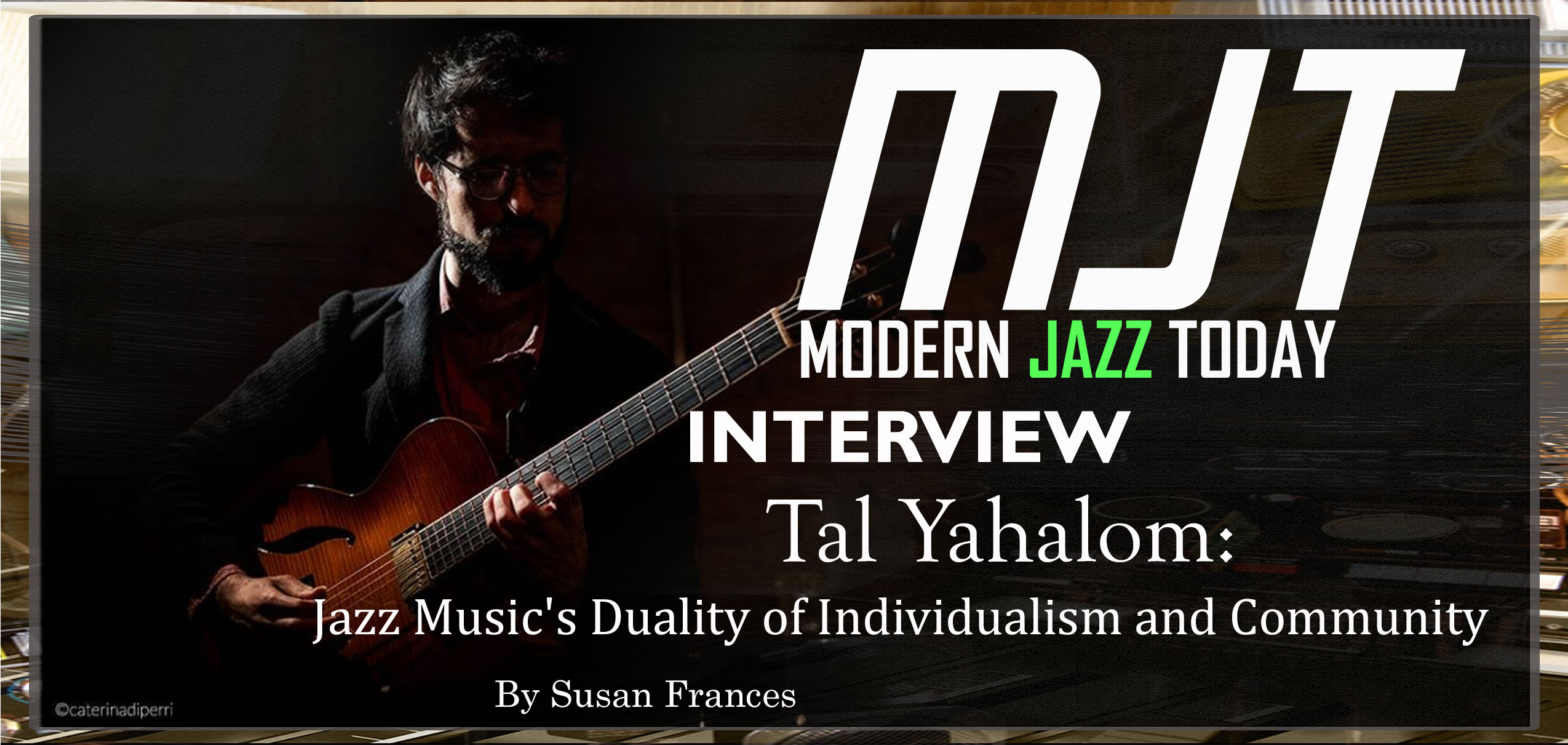


No Comments